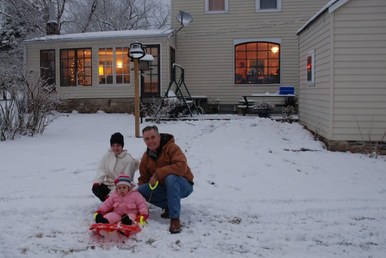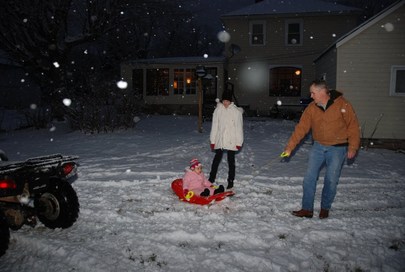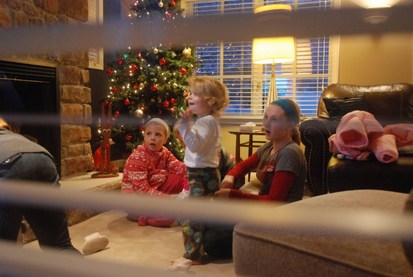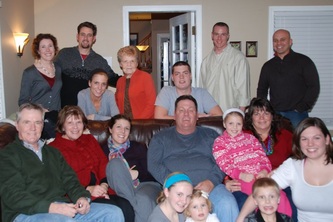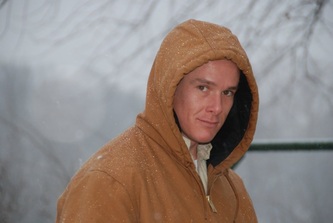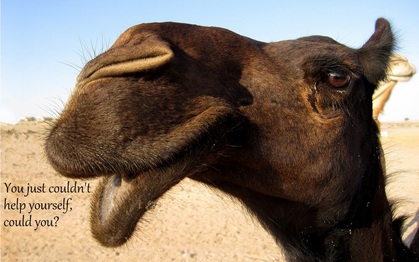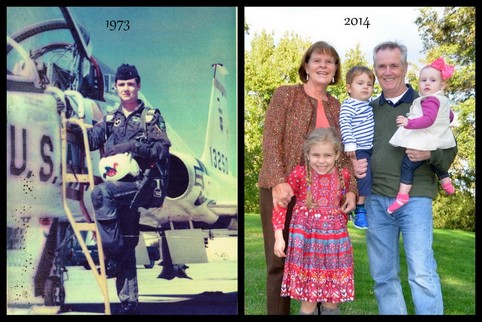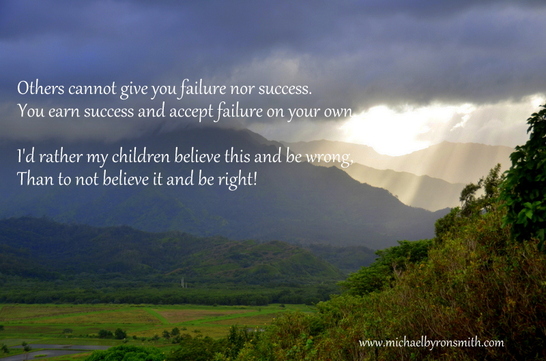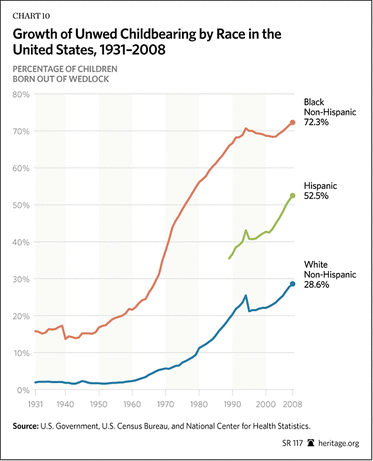
~ Abdullah Badawi
A New Year, 2015! It’s a little scary how fast the calendar pages change month to month. The passing of time is something I can’t change. However, I can change what I do with this most precious of gifts (time). This topic supports my theme , “Helping Fathers to be Dads". I will tie Dadhood in later.
I always try to catch myself when I’m wishing tomorrow would come or today was over. Bad days come and go, but days just go! If you’re very lucky, you’ll have 30,000 or more days in your life. That sounds like quite a few, but I’ve already used 23,674 myself. The good news is, I feel a lot better and more optimistic than I would have thought when I was, say 10,000 days old (27 years). Even better is knowing I’ve done the things with those days that are most important to me.
When days passed are not wasted, they aren’t lost. Just like money, when spent on things worthwhile, you have value for value. But days are much more valuable than money. So what is the best way to spend 30,000 days (more or less)? Of course there are multiple ways that can result in a productive and satisfying life. But my New Year’s resolution is to do so with BALANCE!
I really want balance in my life. Being balanced means being poised and secure about one’s self. Real balance is knowing when enough is enough and when not enough is not enough. I find that I’m not really good about that, not many are. A balanced person would not waste efforts over which they have little or no control (e.g. world peace). Nor would they waste their energy on negative thoughts or retribution (e.g. suffering for all my enemies).
However, just wanting balance is not enough. It takes time, effort, and most importantly, realization of the things you need to work on. I’ve noticed that when I am the angriest, very unhappy, or the most temperamental is when I am out of whack (balance). What is it about us that gets out us of balance…and why? Most importantly, what tools or methods can we employ to self-correct our imbalance?
I’ve noticed some things which I have allowed to get me out of balance. Those include:
- Being misunderstood or not understanding others
- Not getting time to myself when I need it or being alone too long
- Placing too much attention on others or placing too much time on myself
- Too much work or too much play
- Being rushed or having to wait
- Needing control or being controlled
- Challenging myself too much or feeling like I’m wasting opportunities
- Lastly, being around other people who are, themselves, out of balance
What I now realize is all of those things are my fault! I have control over all of those extremes. Sure others contribute, but I am the only one that can fix me (perhaps with a little therapy).
What are the fixes?
There are no easy fixes that I’ve yet to come across. To just keep your cool and don’t get frustrated sounds like good advice. But I’ve found myself in tense situations and being mindful about it, kept my cool. But sometimes I really didn’t keep my cool, I just wrapped up my frustrations and tucked them away inside--instead of tossing them aside. When you do that, those frustrations will pop out at the most inopportune times. Keeping your cool is just a band aid, not a cure. We’re only human, so getting out of balance is not something we are going to eliminate, but we can become more balanced with a little awareness.
Awareness
Awareness is simply knowing one’s self and where one’s weaknesses lie. For example, if you are going to your daughter’s dance recital, you know there will be thirty-nine other dance routines to sit through. (I sheepishly deny having an issue with this myself.) If you are impatient and have a difficult time sitting still, remember what is important here. Your family! Have a plan, in advance, that will not cause any friction (i.e. one you can get away with). Breathe, meditate, take bathroom breaks, look for talented dancers, but be pleasant. Imagine you are in coach on a jam-packed transoceanic flight, where you’d appreciate some dance recitals to get your mind off your cramping legs and swollen ankles. And when your daughter is on the dance floor, be as present and aware as if it were the ninth inning of the seventh game of the World Series!
The key is not to try to change everything about yourself at once. Hiccups, steps backward, will happen, just make small adjustments over time and you will determine what works for you. When presented with a challenging situation, keeping your cool will work in the short term, but I suggest that after bottling up some frustrations that seem to be percolating within, go to a safe place and let go. For example:
- Run as fast as you can to exhaustion!
- Scream until you’re blue in the face (use a pillow when in earshot of others).
- Go to the gym and annihilate a punching bag.
- Chop wood!
Quotes on Awareness
Now I’m not sure all of the tactics above are encouraged in Buddhism, but Buddhists do believe in the self- awareness aspect.
“Conquer the angry one by not getting angry; conquer the wicked by goodness; conquer the stingy by generosity, and the liar by speaking the truth.” Buddha
And a Christian view:
“Keep a close watch on yourself and on the teaching. Persist in this, for by so doing you will save both yourself and your hearers.” 1 Timothy 4:16 English Standard Version (ESV)
Balance in Dadhood
I wrote an article for the ‘National Fatherhood Initiative’ in December 2013 called “The Seven BEs of a Successful Dad”. One of the ‘BE’s was BALANCE, suggesting the other six 'BE’s must have balance with each other and within each to be effective. I invite you to read, or reread this article if you are a dad, or a mom!
One more thing! You can remain in balance by always staying in the middle--but that is not living. Work hard--then rest totally, help others--then think about yourself, be serious--then be silly. Like balancing yourself on a bike, it's much easier if you keep moving forward!
Be aware of when you are in need of balancing, and do it!





